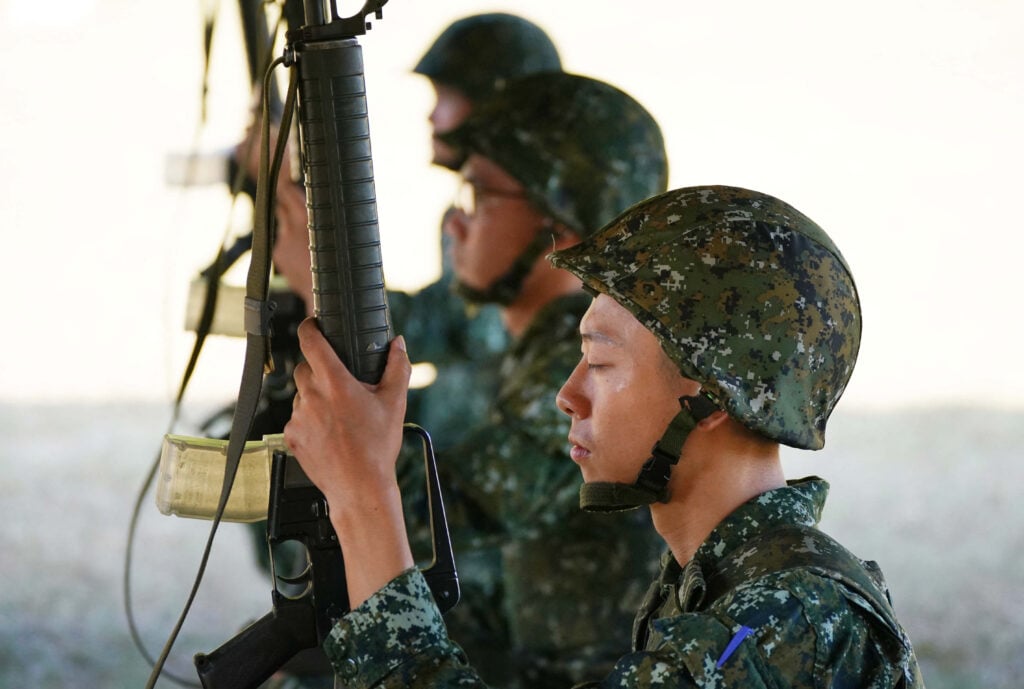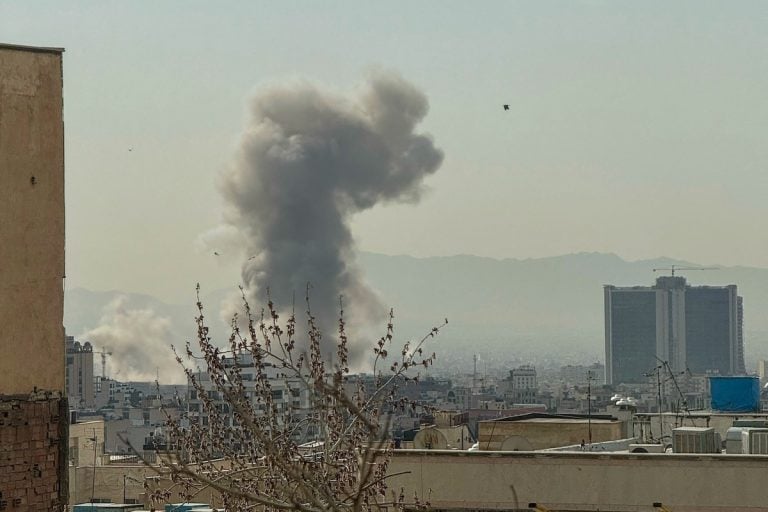Taiwan is currently engaged in an extensive vetting process aimed at identifying potential Chinese sympathizers among its military personnel, public school teachers, and civil servants. This initiative comes amid rising espionage activities from Beijing, which maintains that Taiwan is a part of its territory and has threatened to bring it under control by force.
Concerns are intensifying in Taiwan regarding the extent of infiltration from China, particularly following recent charges against four expelled members of the ruling Democratic Progressive Party (DPP). Among those charged is a former staffer from President Lai Ching-te’s office, accused of sharing state secrets with Beijing.
Historically, both Taipei and Beijing have employed espionage tactics against one another, but analysts underscore that the stakes are higher for Taiwan given the looming threat of a potential military attack by China. Reports indicate that retired and active military members are primary targets for Chinese influence, often swayed through financial incentives, blackmail, or pro-China ideology.
Lai, who has consistently defended Taiwan’s sovereignty, describes China as a “foreign hostile force” and is actively working to raise public awareness regarding actions perceived as threats to national security. A notable increase in prosecutions for spying for China in recent years has compelled the government to scrutinize individuals within its own ranks for possible allegiances to Beijing.
As part of this initiative, anyone found to possess Chinese residency or identification documents may face the loss of their Taiwanese household registration, which effectively equates to citizenship revocation. DPP lawmaker Wang Ting-yu emphasized the necessity of this survey, asserting that China is exploiting these identifiers to coerce Taiwanese citizens and infiltrate public services.
In the initial round of assessments, approximately 371,203 individuals, nearly all participants, signed declarations affirming they did not possess any restricted Chinese ID documents. Of those surveyed, two admitted to holding Chinese ID cards, while an additional 75 reported having residence permits, which were subsequently annulled.
A second round of vetting is currently in progress, although the government assures that the general public will not be part of this scrutiny. This initiative gained urgency following a YouTube video last year suggesting that numerous Taiwanese individuals possess Chinese identification, raising alarms about their implications.
A senior Taiwanese security official noted that China has been distributing ID papers to an increasing number of residents from Taiwan, but he acknowledged the lack of reliable methods to gauge the true extent of this issue without Beijing’s cooperation. Legal experts point out the limitations in the government’s ability to investigate who holds Chinese ID cards in Taiwan, as voluntary disclosure is crucial for any meaningful action.
Additionally, Taiwan is requiring around 10,000 spouses from China, along with their China-born children, to provide proof that they have renounced their Chinese household registration, a longstanding stipulation under Taiwanese law.
These measures have faced criticism, with some labeling them as heavy-handed. However, Wang argues that stricter enforcement is essential due to instances of “new immigrants” engaging in espionage for Beijing and meddling in Taiwan’s elections.
The opposition Kuomintang party (KMT) has condemned the government’s actions, accusing it of conducting loyalty tests. KMT lawmaker Chen Yu-jen remarked that, during challenging times, the government seems more focused on “cleansing the population” than addressing pressing issues.
The ongoing conflict between Taiwan and China has roots dating back to 1949, following the defeat of Chiang Kai-shek’s nationalist forces in the Chinese Civil War. Since then, China has remained resolute in its intention to annex Taiwan, amplifying military pressure over recent years. Taiwan claims that Beijing employs tactics such as disinformation, cyberattacks, and espionage to undermine its defenses.
Experts highlight that the struggle for Taiwan’s security is an everyday battle against these threats, with the resilience of its democracy requiring constant vigilance and debate on how best to defend it.







